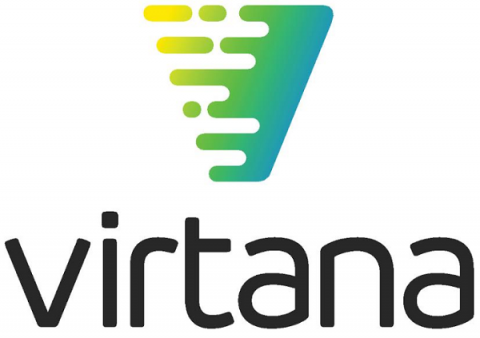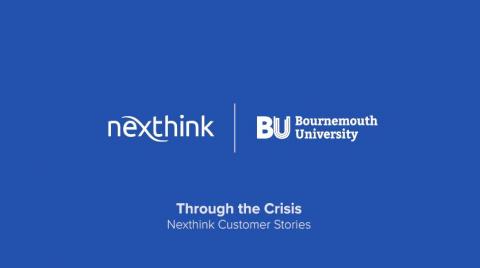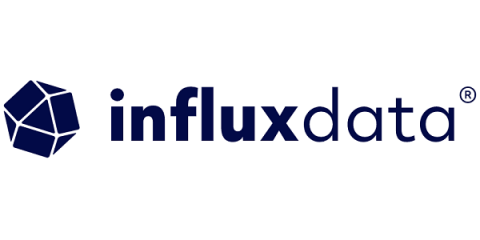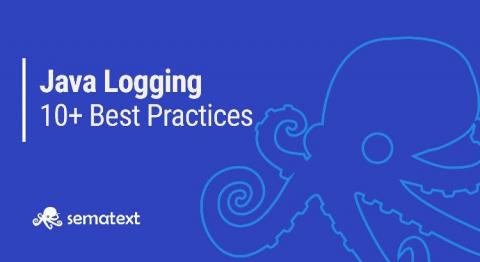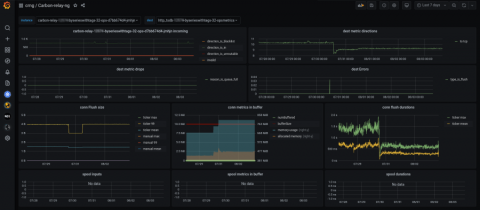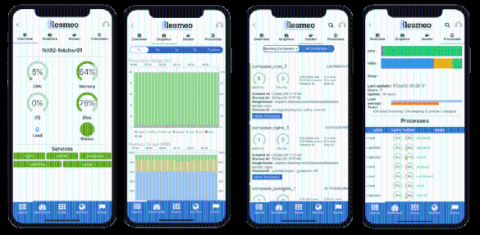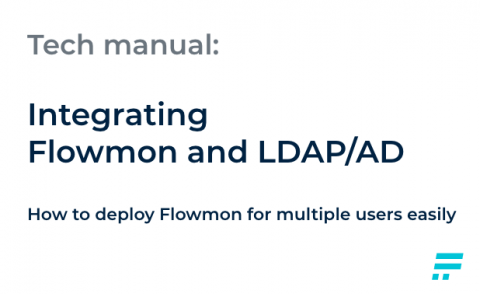The Cloud - A sellers' perspective on a hot topic.
I have worked at Virtana for nearly 9 years. During that time, I have had the pleasure to interact with customers, prospects, and partners around the world. The types of conversations I have participated in have dramatically shifted during that time. Back in September 2011, the dialogues were largely focused on Storage Area Network (SAN) infrastructure, and how Virtana could provide performance assurances targeted at this environment. Over time, the conversations have broadened dramatically.


